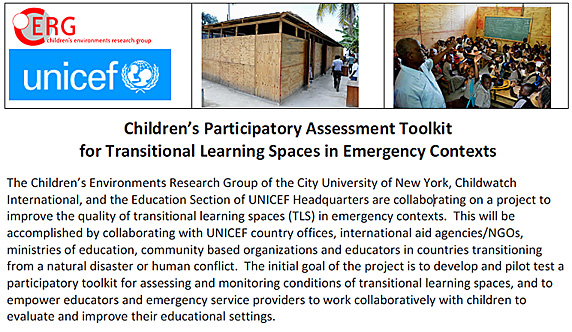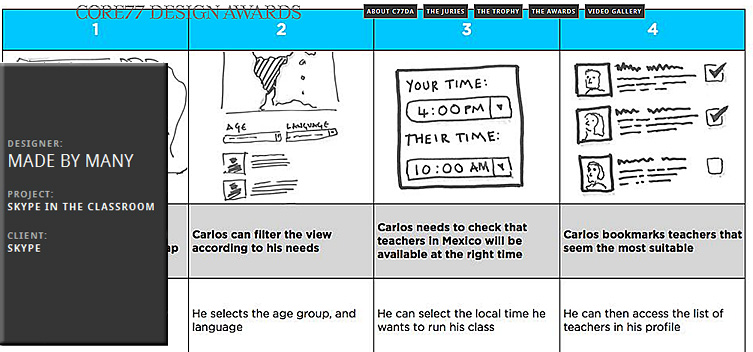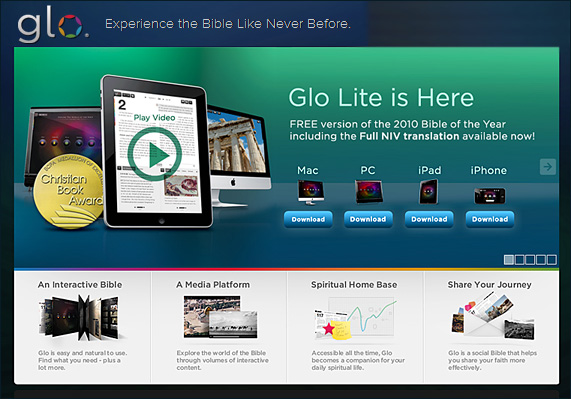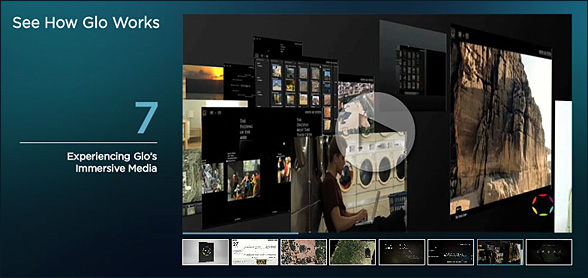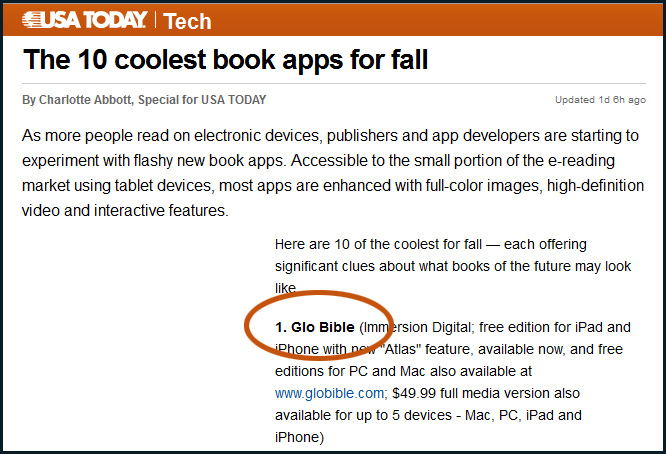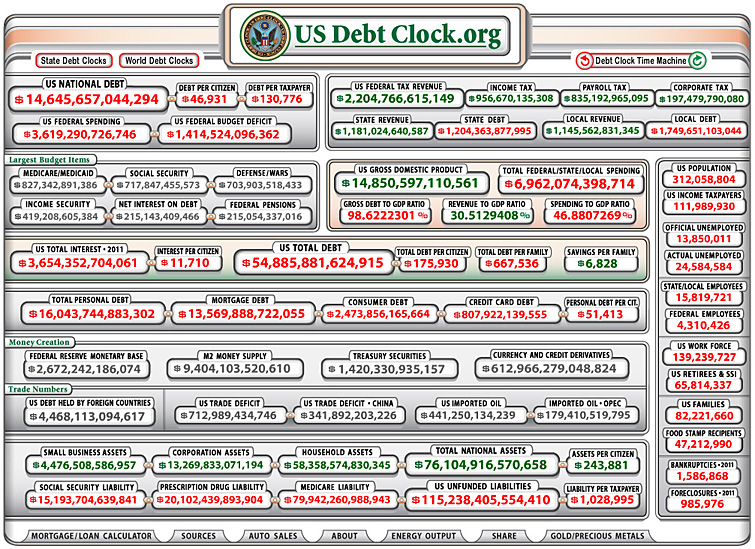12 And now, Israel, what does the LORD your God ask of you but to fear the LORD your God, to walk in obedience to him, to love him, to serve the LORD your God with all your heart and with all your soul, 13 and to observe the LORD’s commands and decrees that I am giving you today for your own good?
“[Imitating Christ’s Humility] Therefore if you have any encouragement from being united with Christ, if any comfort from his love, if any common sharing in the Spirit, if any tenderness and compassion, then make my joy complete by being like-minded, having the same love, being one in spirit and of one mind.”
“Jesus replied, “Anyone who loves me will obey my teaching. My Father will love them, and we will come to them and make our home with them.”
Jesus answered, “The work of God is this: to believe in the one he has sent.”
The impact of new business models for higher education on student financing
Financing Higher Education in Developing Countries
Think Tank | Bellagio Conference Centre | 8-12 August 2011
Sir John Daniel (Commonwealth of Learning)
&
Stamenka Uvali-Trumbi (UNESCO)
Excerpt:
The aim of this paper has been to suggest that in discussing student financing we need to look beyond the current standard model classroom teaching to the likely developments in learning systems over the next decade. These have the potential to cut costs dramatically and thereby lessen the challenge of student financing.
That is fortunate because nearly one-third of the world’s population (29.3%) is under 15. Today there are 165 million people enrolled in tertiary education.[2] Projections suggest that that participation will peak at 263 million in 2025.[3] Accommodating the additional 98 million students would require more than four major campus universities (30,000 students) to open every week for the next fifteen years unless alternative models emerge. (emphasis DSC)
Also see:
OER for beginners: An introduction to sharing learning resources openly in healthcare education
The Higher Education Academy (HEA) (www.heacademy.ac.uk) and the Joint information Systems Committee (JISC) (www.jisc.ac.uk) are working in partnership to develop the HEFCE-funded Open Educational Resources (OER) programme, supporting UK higher education institutions in sharing their teaching and learning resources freely online across the world.
Excerpt:
The news this summer is teeming with trillions. The national debt is more than $14 trillion. In a recent report, the credit rating agency Moody’s says the 1,600-plus U.S.-based companies it rates harbored some $1.2 trillion in cash at the end of 2010. The newly minted congressional supercommittee is charged with finding ways to pare the federal deficit by at least $1.2 trillion in the next decade.
…
Trillion. It’s the new black — tres chic, tres cher. The higher-water mark. If you’re not talking trillions, you’re talking chump change. All of a sudden we are tossing the term around like we understand it.
From DSC:
As always with my Learning Ecosystems blog, see the tags and categories that I referenced here as to how I think this item is especially relevant.
Brian Kuhn writes a solid posting at “Greed, Economy, and Education”
I remember posting a graphic/item on this very item back on an old website on 12/30/08:
A MUST READ: The End –from Portofolio.com, by Michael Lewis
NOTE: The language is not appropriate for kids.From DSC:
Greed is at the heart of this matter…and speaking of hearts, we Americans need to tend to our often cold and non-caring hearts, which also contributed greatly to the problems that we are now facing. It’s a very disturbing article; and it points out the critical need for all of us to be standing on solid moral ground. Don’t get me wrong, I know that I’m a sinner (and so is everyone else) and my sin is ever before me. But when you mess with other peoples’ lives, money, and futures…you need to have your feet on some solid ground and at least strive to do the right thing!It also points out that we Americans don’t often want to hear the truth until we have to hear the truth or until we need someone to point the finger at and blame for the issues we face. For example, how many politicians have been discarded in the past because they delivered some harsh, unpopular truth and plans of action? This same thing happened to some of the prophets of old who had to deliver some unpopular truth. Perhaps these struggles will be the 2×4 onside our collectives heads to get our attention and move towards caring about others.
Psalm 73
A psalm of Asaph.
1 Surely God is good to Israel,
to those who are pure in heart.
2 But as for me, my feet had almost slipped;
I had nearly lost my foothold.
3 For I envied the arrogant
when I saw the prosperity of the wicked.
4 They have no struggles;
their bodies are healthy and strong.[a]
5 They are free from common human burdens;
they are not plagued by human ills.
6 Therefore pride is their necklace;
they clothe themselves with violence.
7 From their callous hearts comes iniquity[b];
their evil imaginations have no limits.
8 They scoff, and speak with malice;
with arrogance they threaten oppression.
9 Their mouths lay claim to heaven,
and their tongues take possession of the earth.
10 Therefore their people turn to them
and drink up waters in abundance.[c]
11 They say, “How would God know?
Does the Most High know anything?”
12 This is what the wicked are like—
always free of care, they go on amassing wealth.
13 Surely in vain I have kept my heart pure
and have washed my hands in innocence.
14 All day long I have been afflicted,
and every morning brings new punishments.
15 If I had spoken out like that,
I would have betrayed your children.
16 When I tried to understand all this,
it troubled me deeply
17 [until] I entered the sanctuary of God;
then I understood their final destiny. (emphasis DSC)
18 Surely you place them on slippery ground;
you cast them down to ruin.
19 How suddenly are they destroyed,
completely swept away by terrors!
20 They are like a dream when one awakes;
when you arise, Lord,
you will despise them as fantasies.
Free Learning: Essays on open educational resources and copyright — by Stephen Downes | National Research Council Canada
From DSC:
Thanks Stephen for this collection of essays, postings, resources, materials.
After reading the first several sections, I feel compelled to add here that I have not accepted any money for my Learning Ecosystems blog; the work I do on this blog is given freely (and this is often very appropriate…as I often curate content from many other sources).
I don’t know if I’ll be able to continue to do this, but I have chosen to post those items that I believe are going to be helpful to others and/or further a conversation or idea or perspective — but have done so free of charge. I have not been paid to post anything on this Learning Ecosystems blog.
Anyway, thanks again Stephen for your work and for your worthy goals.









